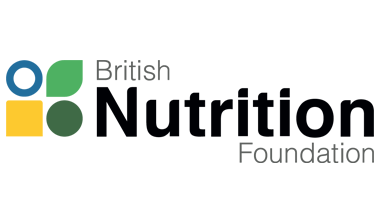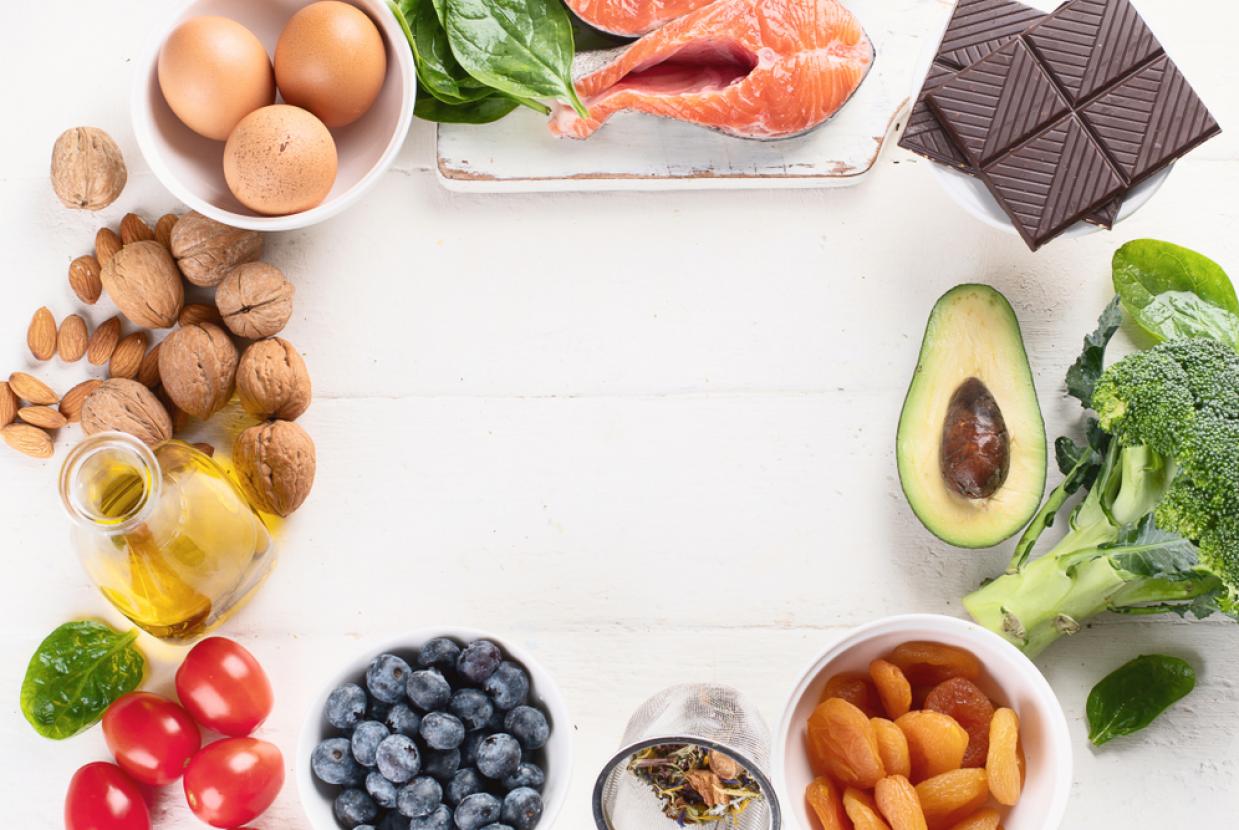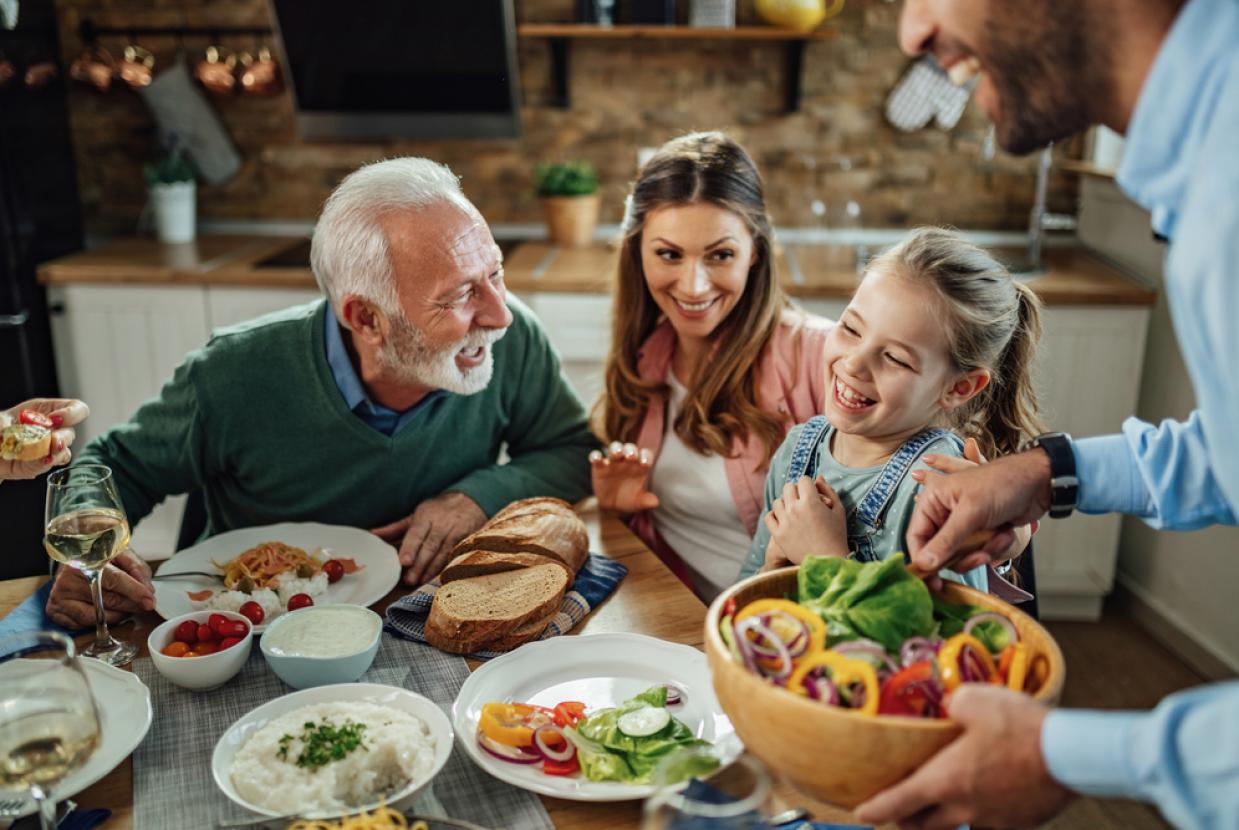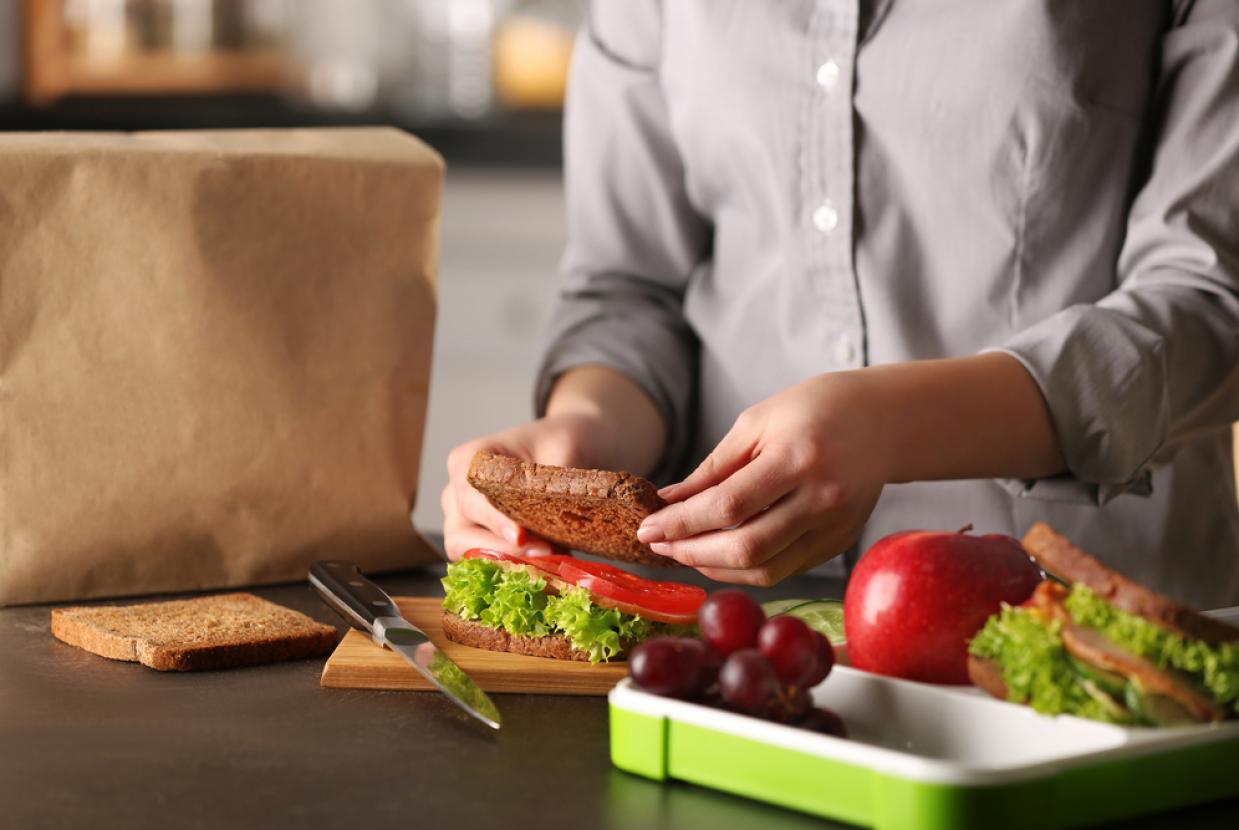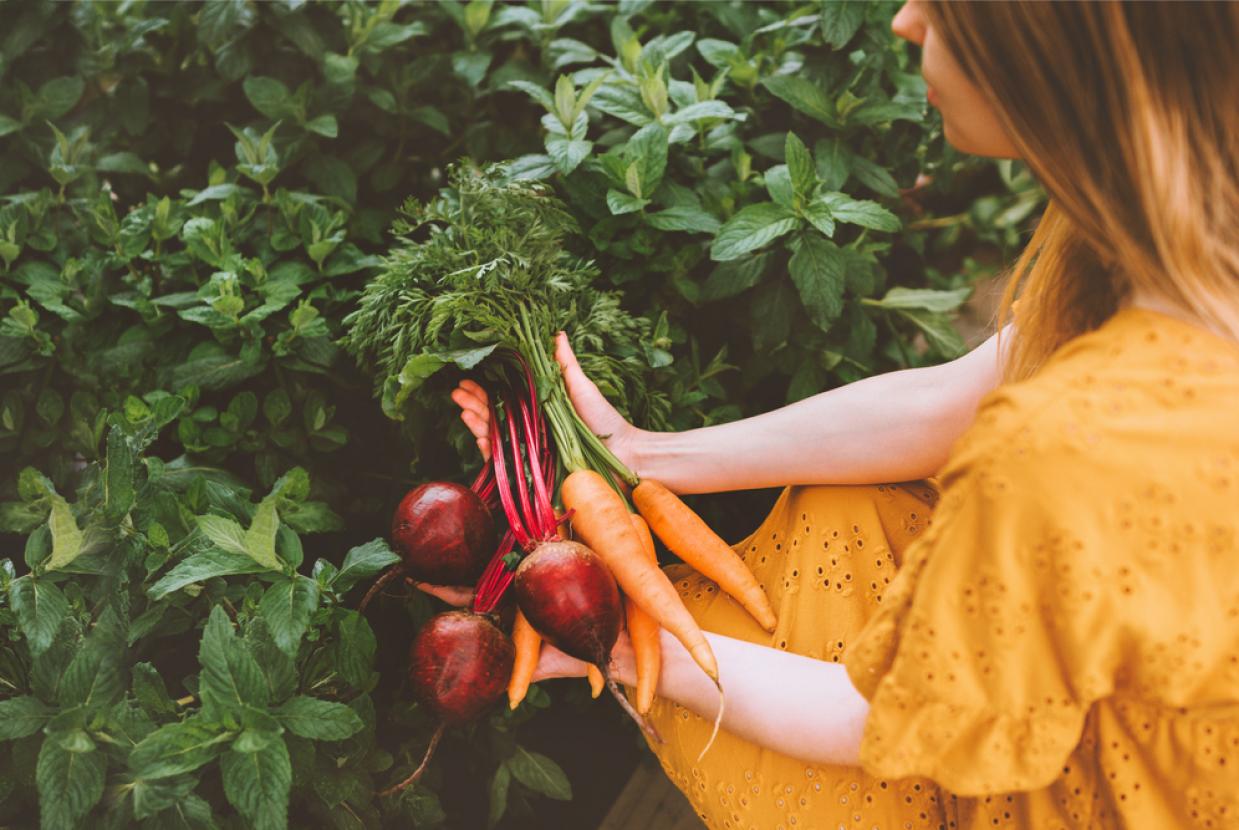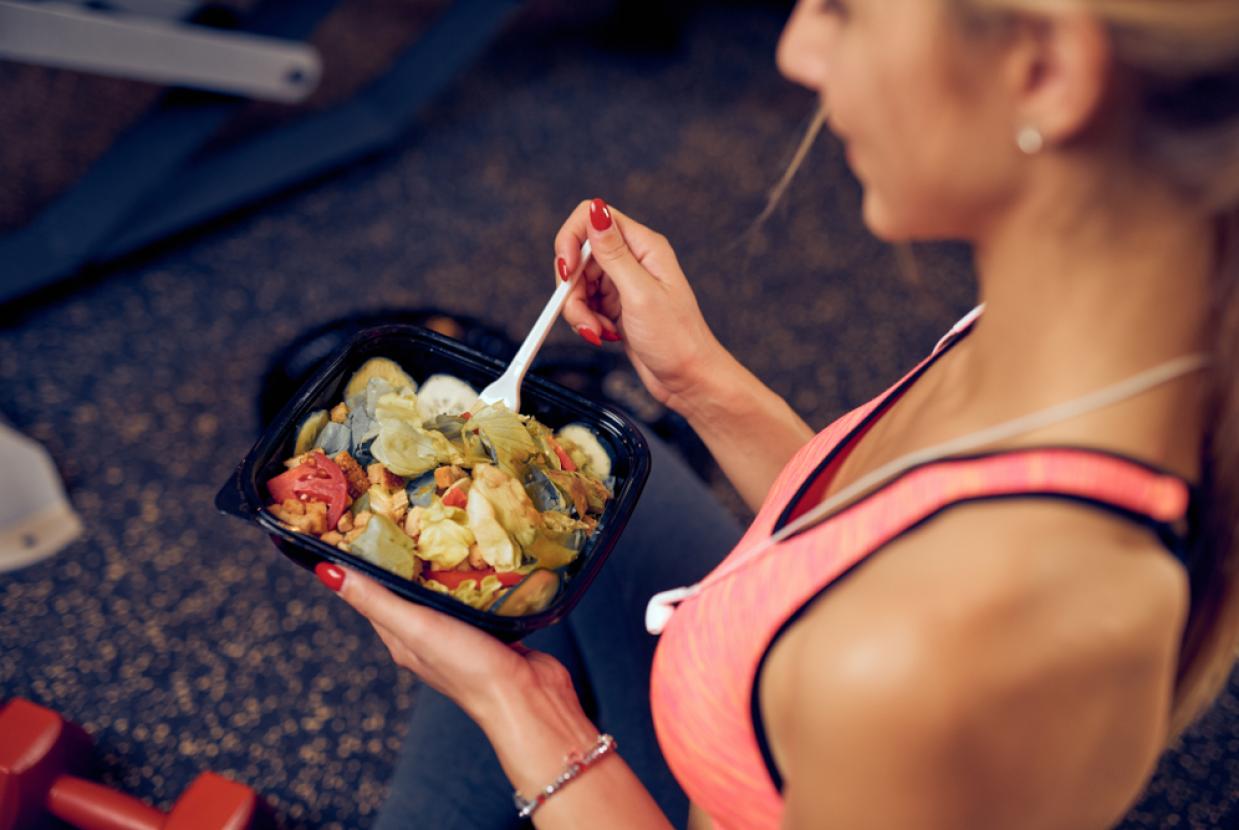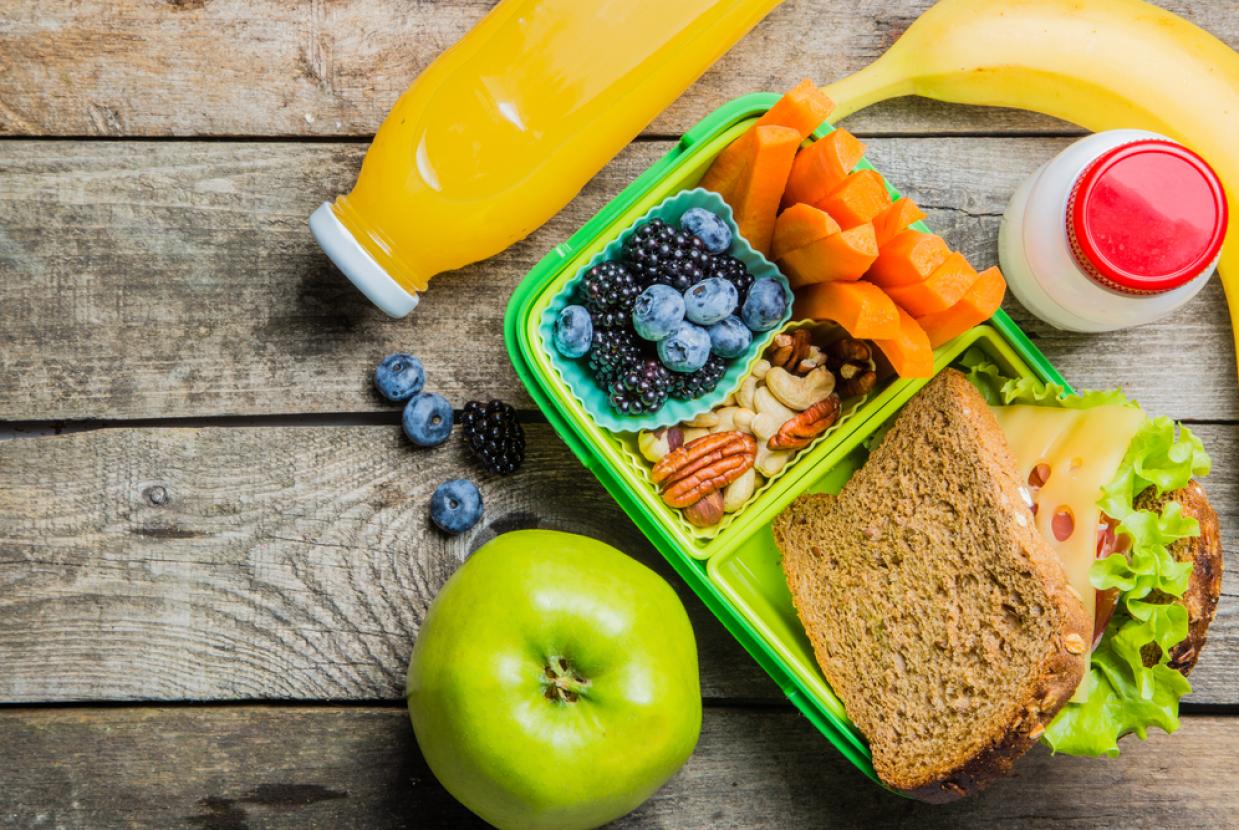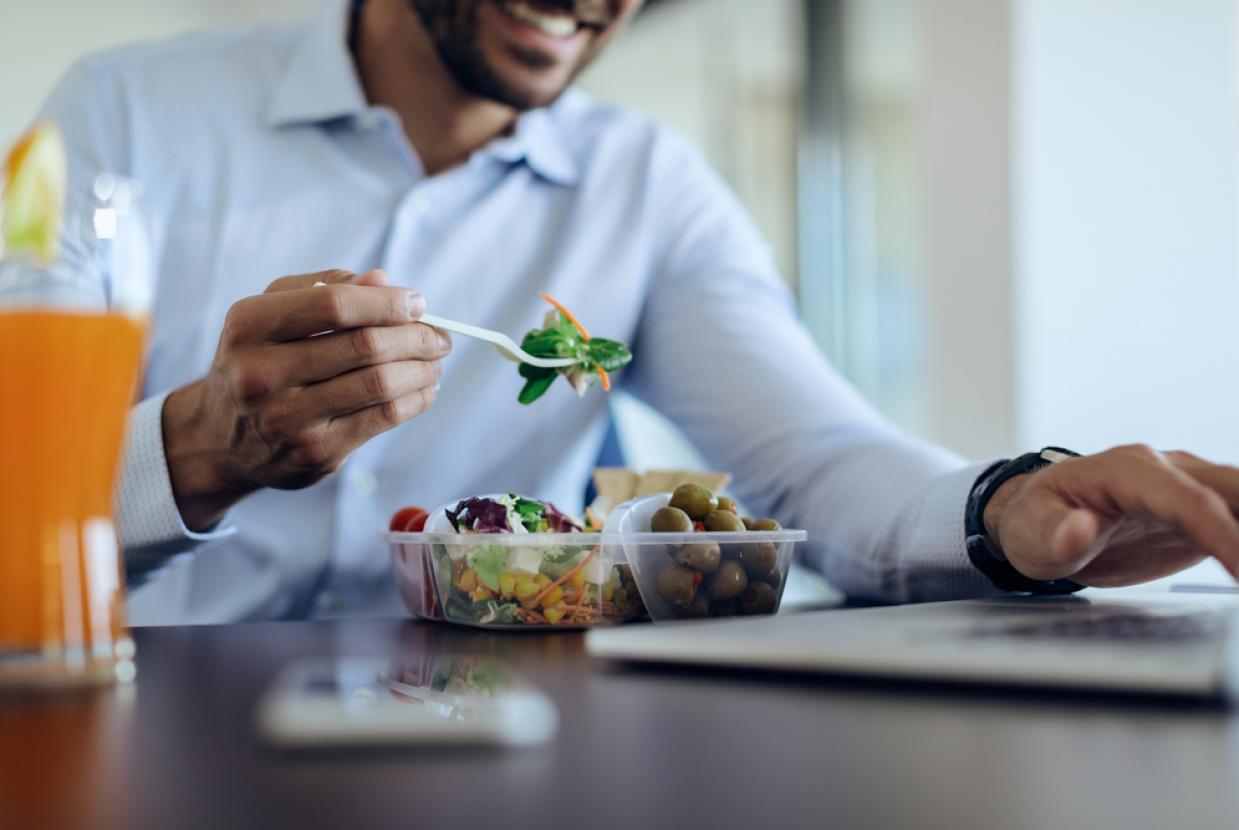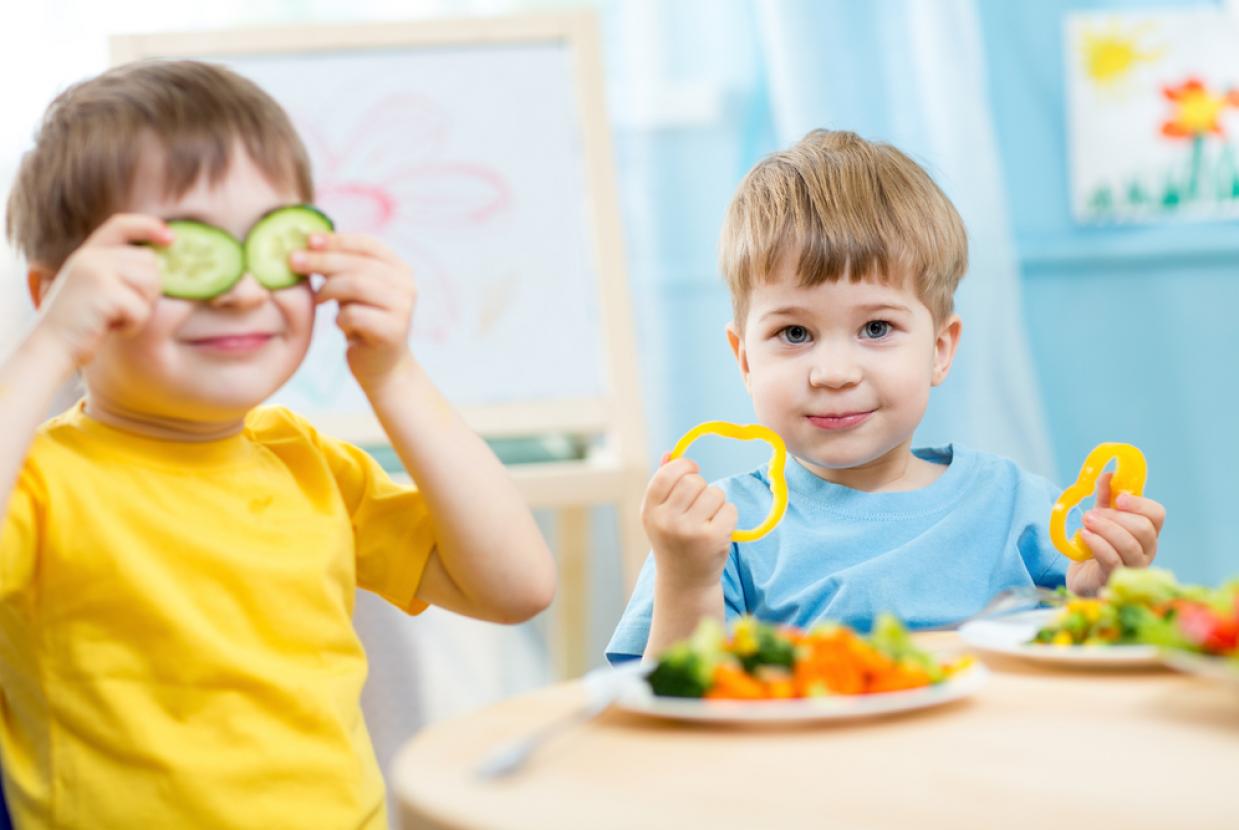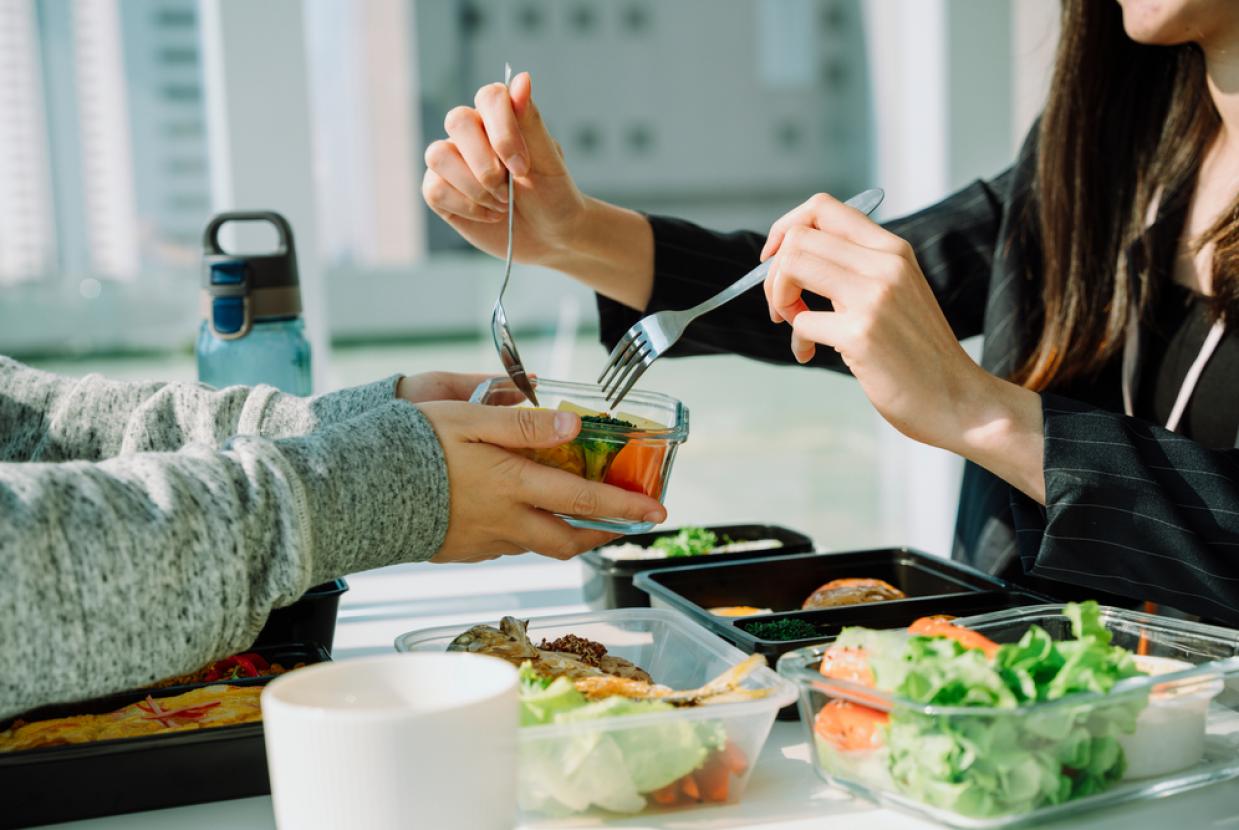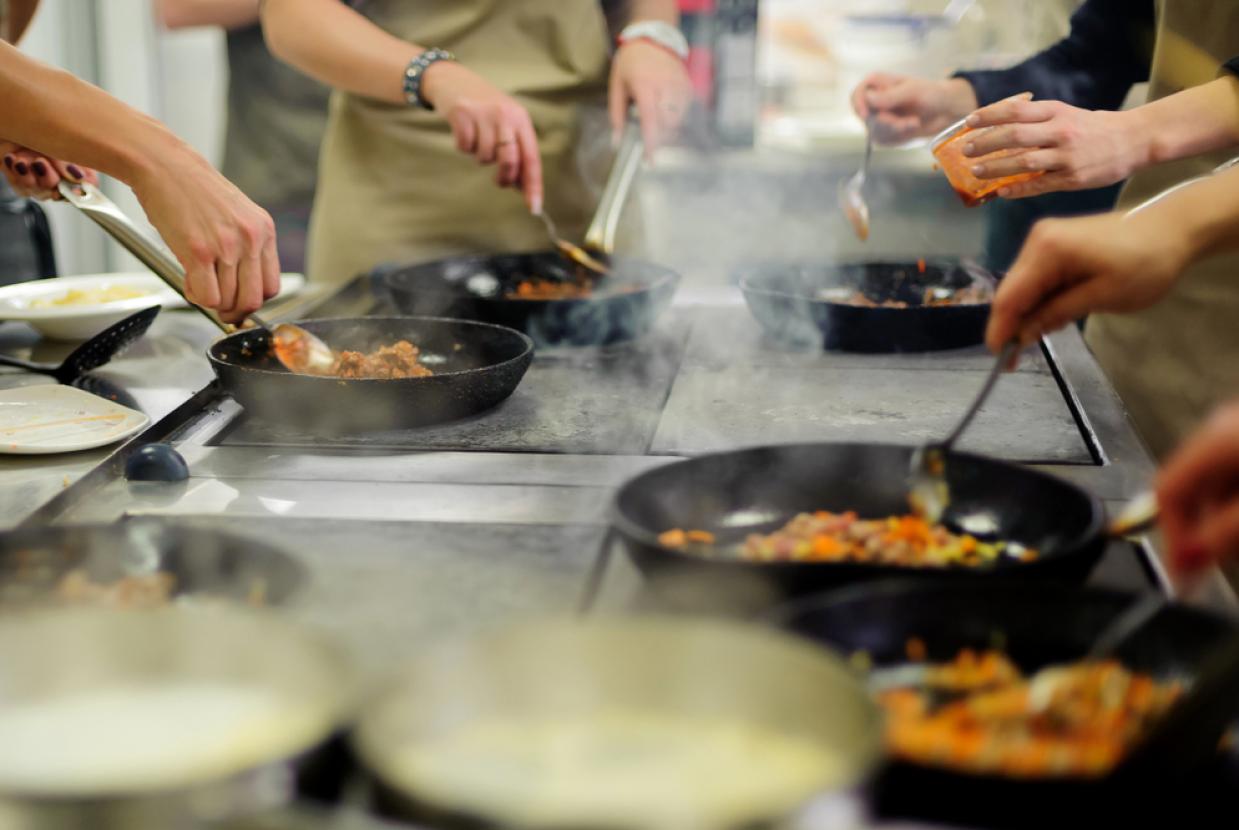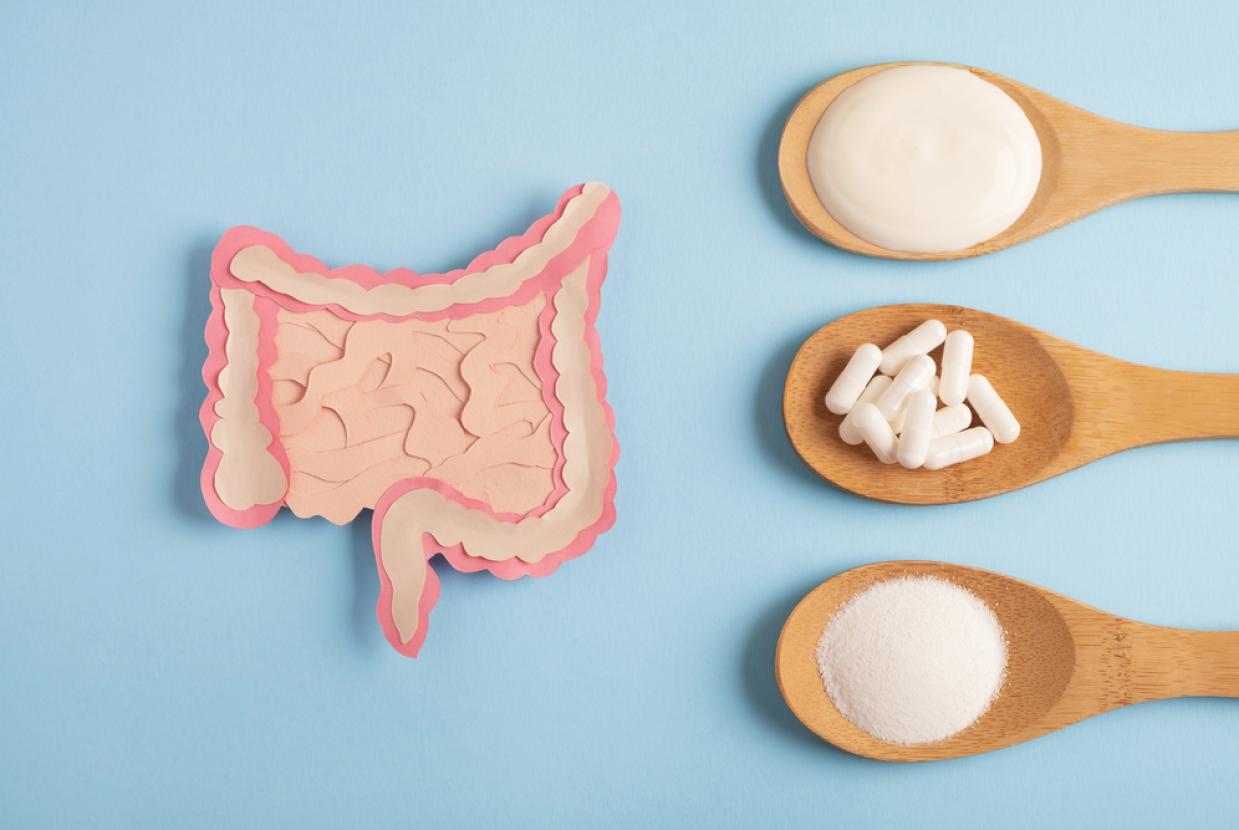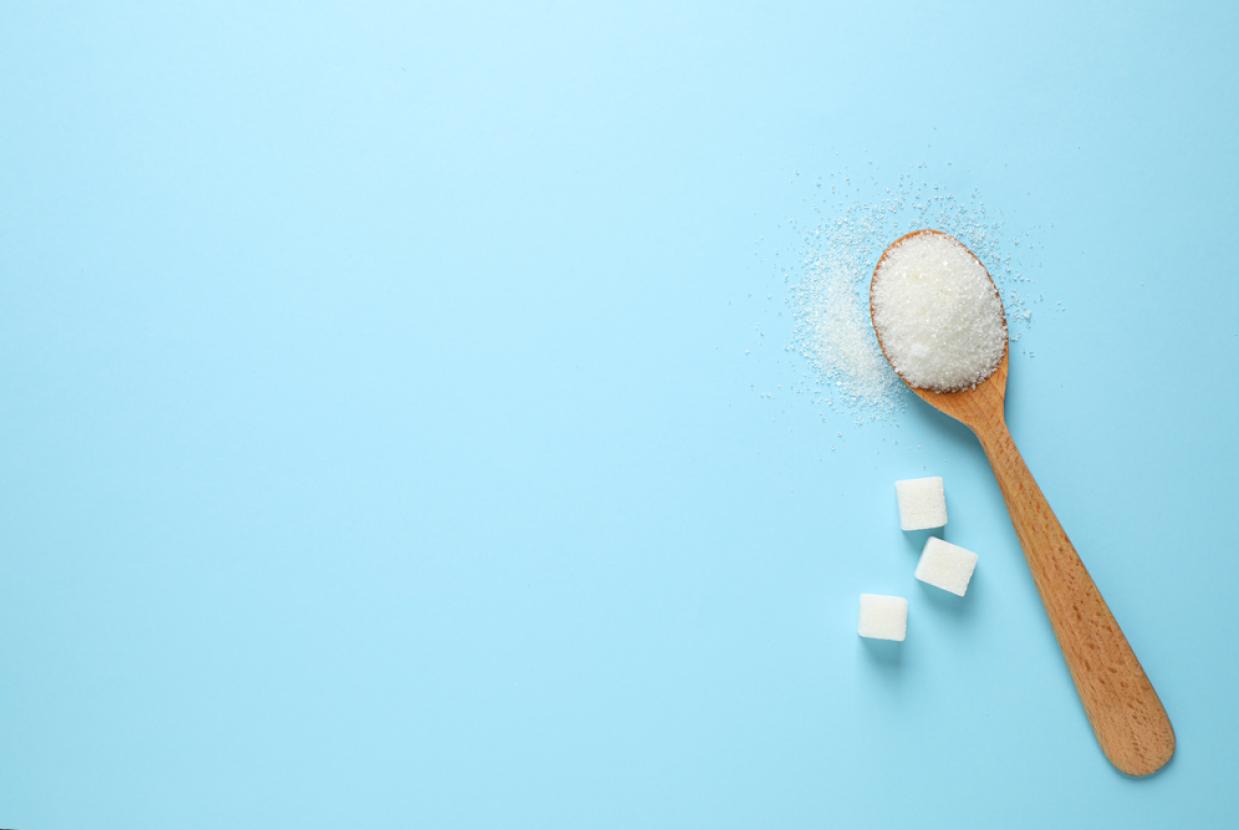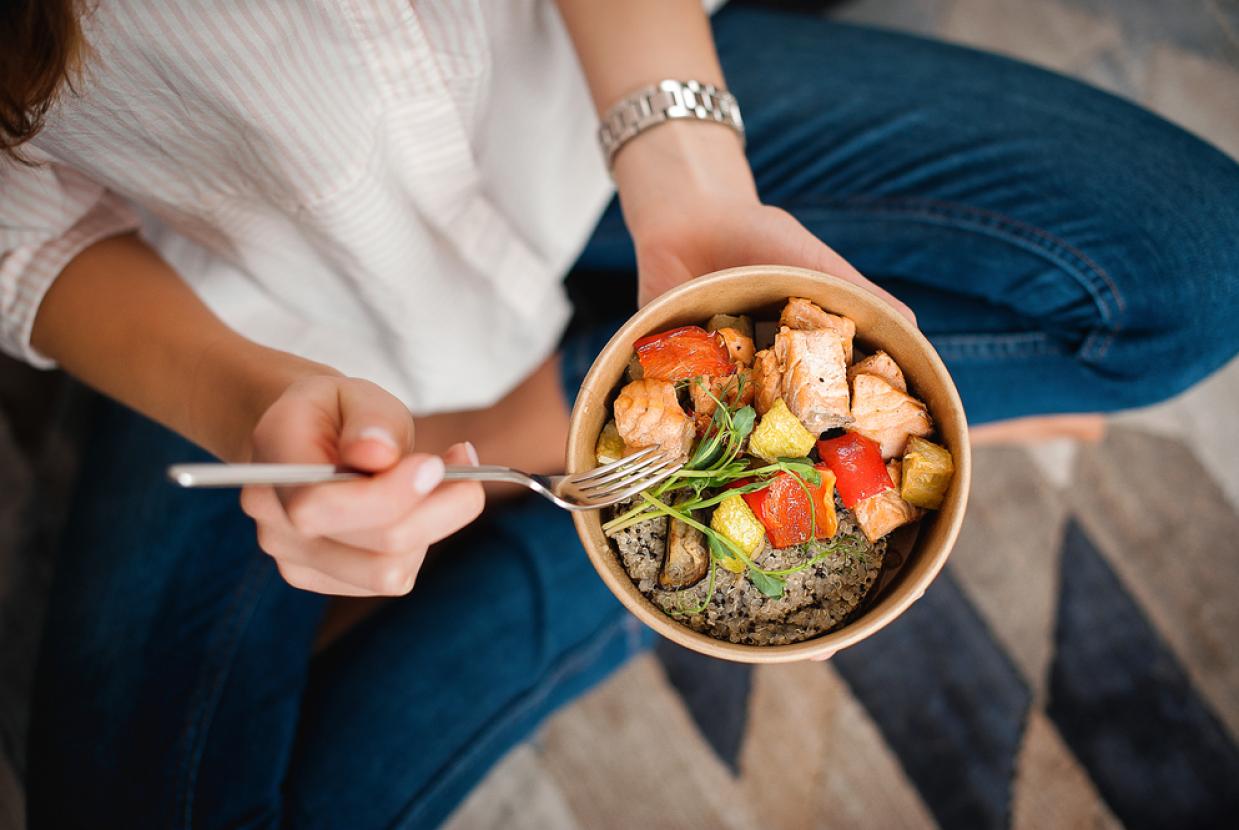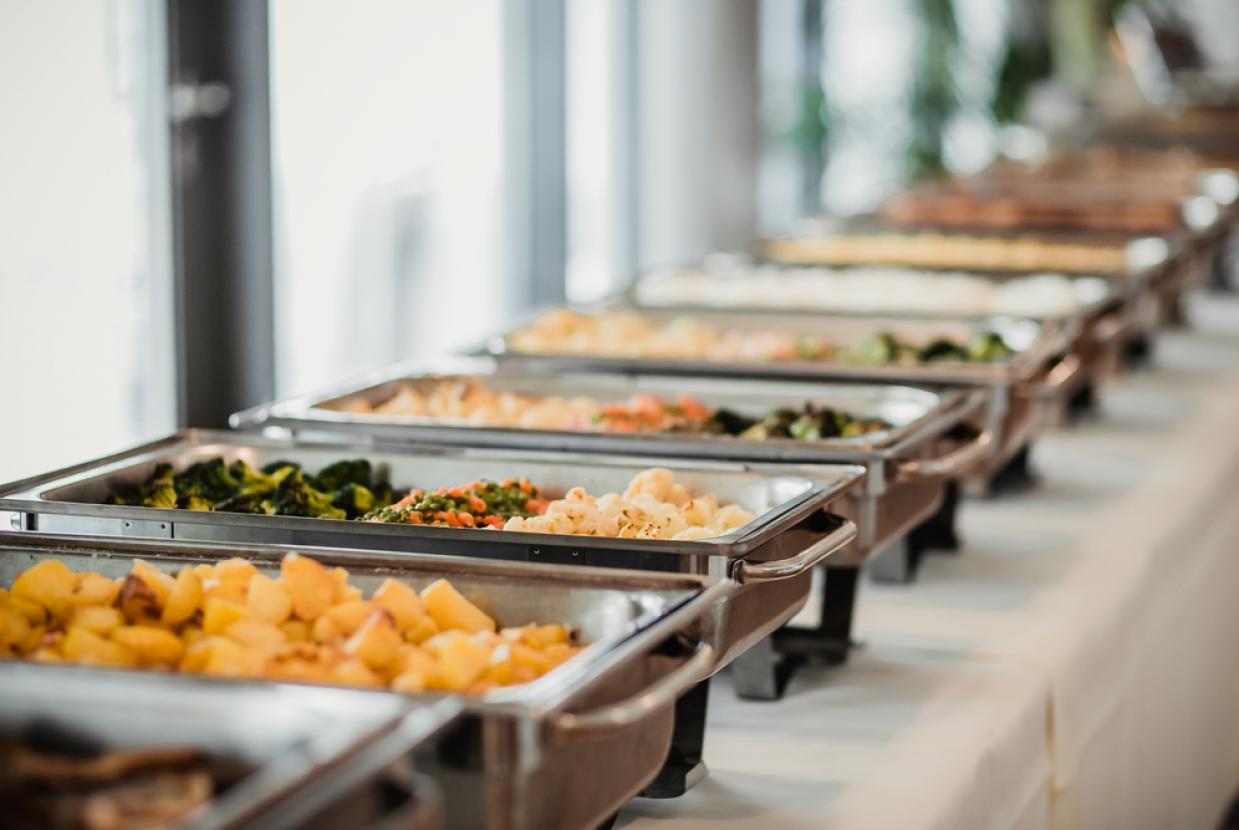Healthier Snacking
Snacking usually describes the food and drinks that we have aside from the main meals of the day, and can form part of a healthy, balanced diet. If we choose healthier snacks then these can provide us with essential nutrients, such as vitamins, minerals and fibre, without adding too many calories, sugar, saturated fat or salt. Here are some tips on making better snack choices:
- Check the label – when you go shopping, check food labels to help you choose options with less salt, saturated fat or sugar. You can use the traffic lights on the front of packaging to easily compare products at a glance and make a healthier choice. Also, look for ‘lighter’, reduced fat/salt and sugar free options.
- Be portion wise – if you occasionally enjoy snacks high in fat, salt or sugar, try to portion them out to avoid eating a large number of calories in one go. For example, put a handful of crisps or nuts in a bowl, or buy smaller multipack bags when you go shopping. You can eat larger portions of fruit and vegetables as a snack because they are less ‘energy dense’ - that is you can eat more for relatively few calories.
- Out of sight, out of mind – avoid having snacks high in fat, sugar and salt easily at hand, as this might mean you are more tempted by them. Try replacing these with healthier alternatives (see below), for example by putting a bowl of fruit on the kitchen table or next to your computer and keeping less healthy choices in the cupboard out of sight.
- Plan ahead – make a list of healthier snacks to buy before you go shopping, and it’s a good idea to avoid shopping when you are feeling hungry, as some research suggests this may mean we are more likely to make less healthy choices. If you tend to have a mid-morning and/or mid-afternoon snack to fill a gap between meals, plan out healthier options you can have, such as a round of wholegrain toast and peanut butter.
Government guidance suggests getting about 80% of our calories from our meals across the day and this leaves 20% - about a fifth of our daily calories - for snacks and drinks. If you divided this between two snacks, for an adult who is moderately active, this is equivalent to around 200kcal per snack for women and 250kcal per snack for men. Depending on how you eat, and whether you are trying to control your weight, it may be better to go for smaller snacks, or even to avoid snacking at all if this works better for you.
f you are tempted to reach for a less healthy snack, here are a few suggestions for healthier swaps you can make…
If you fancy | Then why not try |
Sweets or chocolate | A satsuma, an apple, or a handful of strawberries or blueberries |
Ice cream | Unsweetened, low-fat yogurt with a sprinkling of frozen berries |
Biscuits | A small handful of nuts or seeds, or a rice cake topped with nut butter (choose one with no added sugar or salt) |
Cake | A crumpet and low-fat spread, or a slice of fruit loaf |
Snacks for children
You might want to try some of these simple snack ideas for children. Getting the kids to help out, or watch and learn, can make for a fun activity.
- Veggie sticks and dips – chop up some batons of carrot, celery, cucumber or pepper, and arrange them in a colourful pattern on a plate. Add other veggies, such as cherry tomatoes or a few salad leaves, to make a face or other fun patterns. Serve with dips such as hummus or reduced fat cream cheese for a healthy mid-morning or early afternoon snack.
- Pop your own popcorn – if you can find plain popcorn kernels (with no added salt or sugar) in the supermarket (try the international foods aisle) or your local shop, then you can try making your own popcorn at home. Adults should do the popping. Younger children can have fun trying to count the pops! To add some flavour you can try a light sprinkling of cinnamon (kids can help with this).
- Toast creations – experimenting with different spreads and toppings for toast can be a great way for kids to have fun creating their own snack. You can try smooth nut butters, low-fat spreads, or reduced fat cream cheese as a base, and add sweet toppings like sliced banana, grapes, strawberry or kiwi, or savoury toppings such as cherry tomato halves, cucumber or pepper slices. For younger children, this can be a good chance for them to practice spreading or chopping skills (younger children should use suitable plastic cutlery that is age appropriate).
- Homemade crisps – try making your own fruit or vegetable crisps at home. Thinly slice fruit (such as apple) or vegetables (such as sweet potato, beetroot, parsnip or carrot) using a knife or a peeler. Arrange the slices on a baking tray (kids can help here) and sprinkle with herbs or spices and a small amount of olive oil (for vegetables). Bake in the oven at about 160°C for 45mins, turning halfway through.
Snacks for older adults
Your sense of taste and smell can change with age, and this can affect your appetite and enjoyment of food. Snacks can be a good way to eat ‘little and often’ between meals, and can provide energy, protein, vitamins and minerals, which may be particularly important if you, or the person you care for, has a poor appetite. Below is some general advice on choosing healthier snacks.
- Oily fish such as salmon, mackerel, herring, tinned sardines or pilchards are a good source of protein and contain healthy omega-3 fats. They can also provide vitamin D and calcium (for fish eaten with the soft bones), both of which are essential for keeping bones and muscles healthy.
- Calcium-rich foods – these can help you to get enough calcium in the diet, which is important to help minimise the amount of bone loss as we age. Foods containing calcium include milk, cheese and yogurt, fish with edible bones, white bread and fortified breakfast cereals.
- High energy and protein foods – these can be important for older adults with a reduced appetite, who might be at risk of losing weight. Examples include cheese and crackers, rice pudding, thick and creamy yogurt, flapjack or chocolate.
Healthy hydration – it’s important to try and drink regularly throughout the day (ideally about 6-8 glasses of fluid per day), or to make drinks readily available if you are caring for someone. Good hydration can help prevent constipation, urine infections, confusion and falls in adults with a poorer appetite. Milk, or drinks such as malted milk drinks or milky coffee, can be a good source of important nutrients, including protein, calcium, iodine and B vitamins. A 150ml glass of fruit or vegetable juices can provide one of your 5 A DAY.



